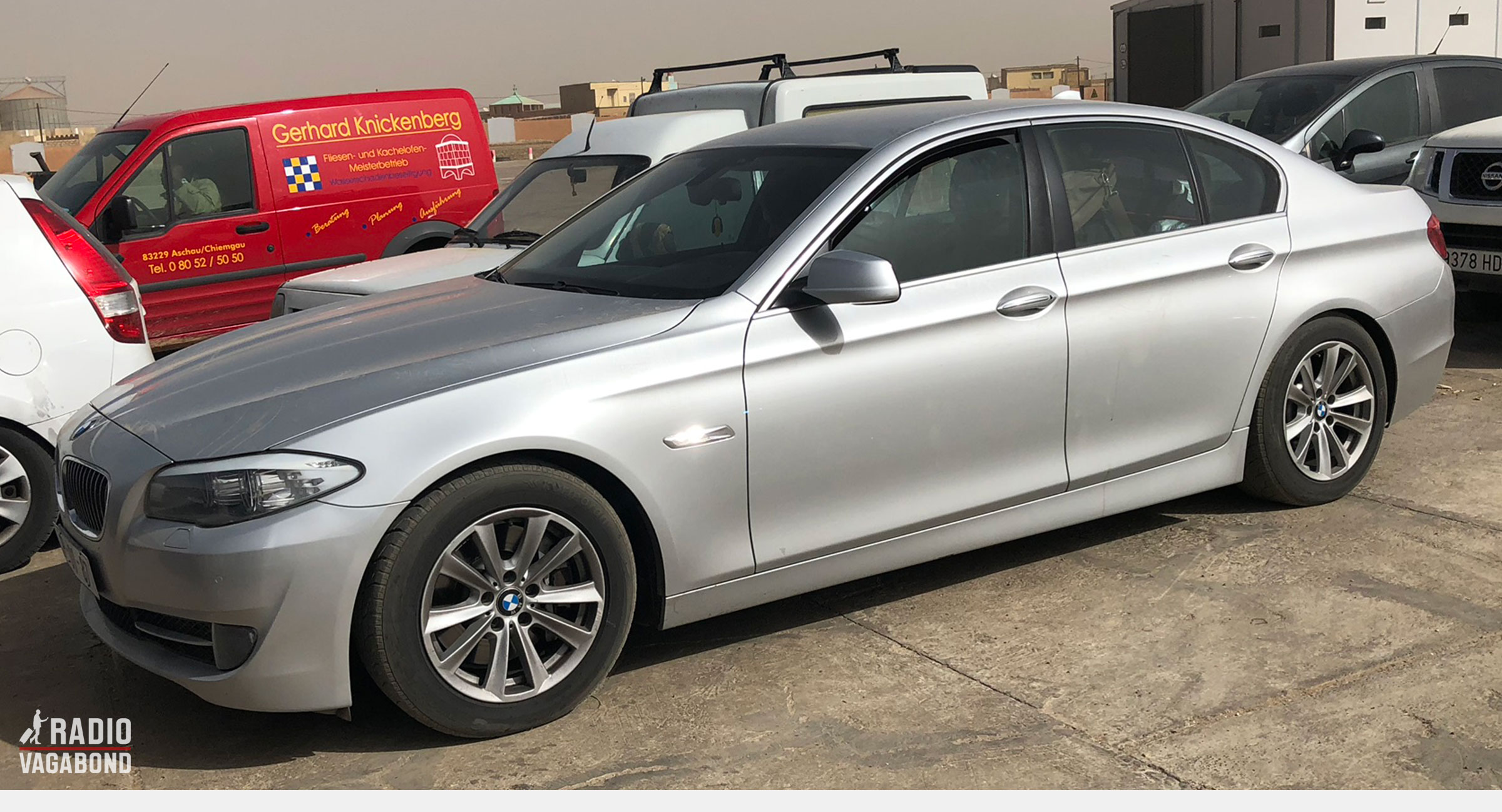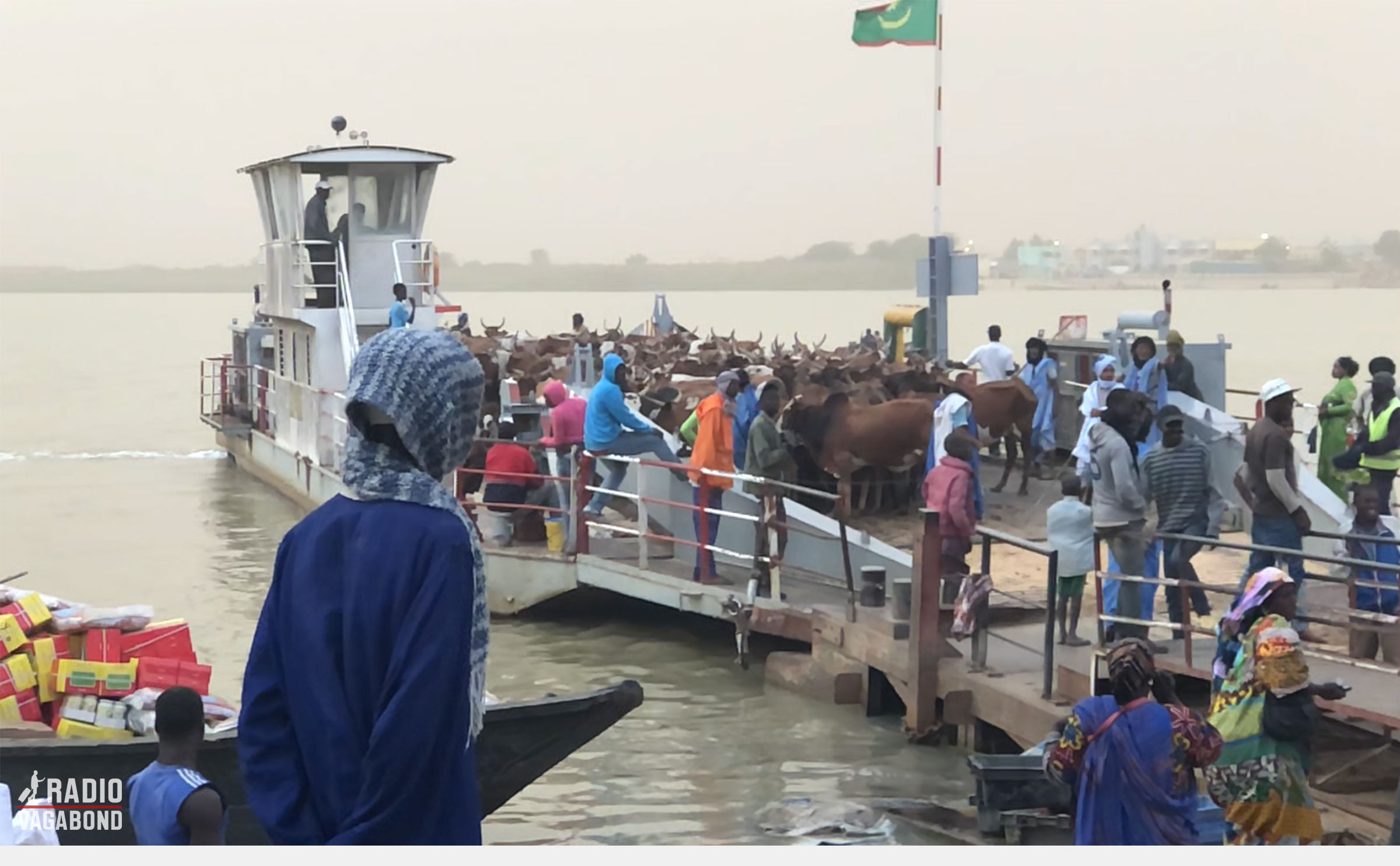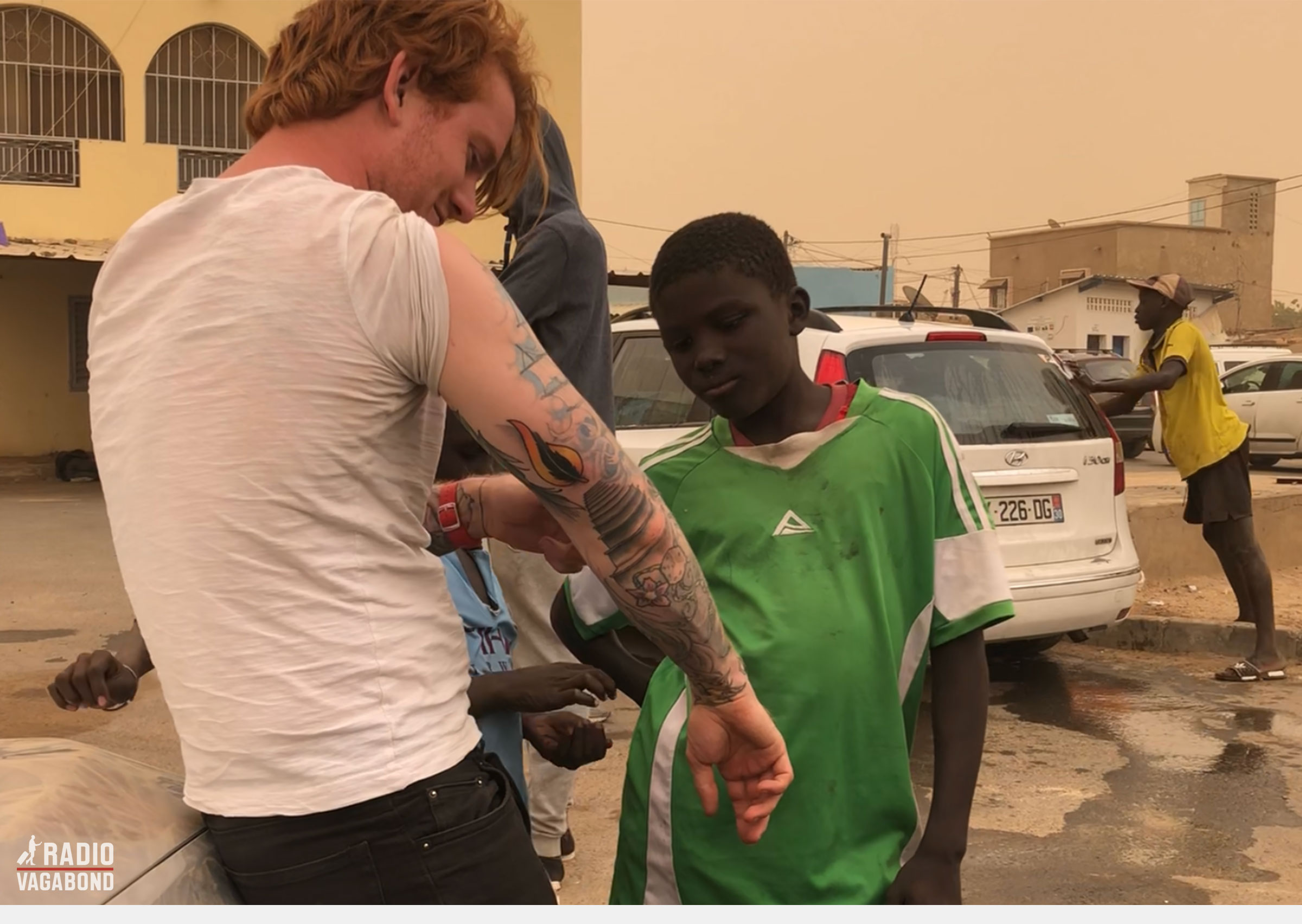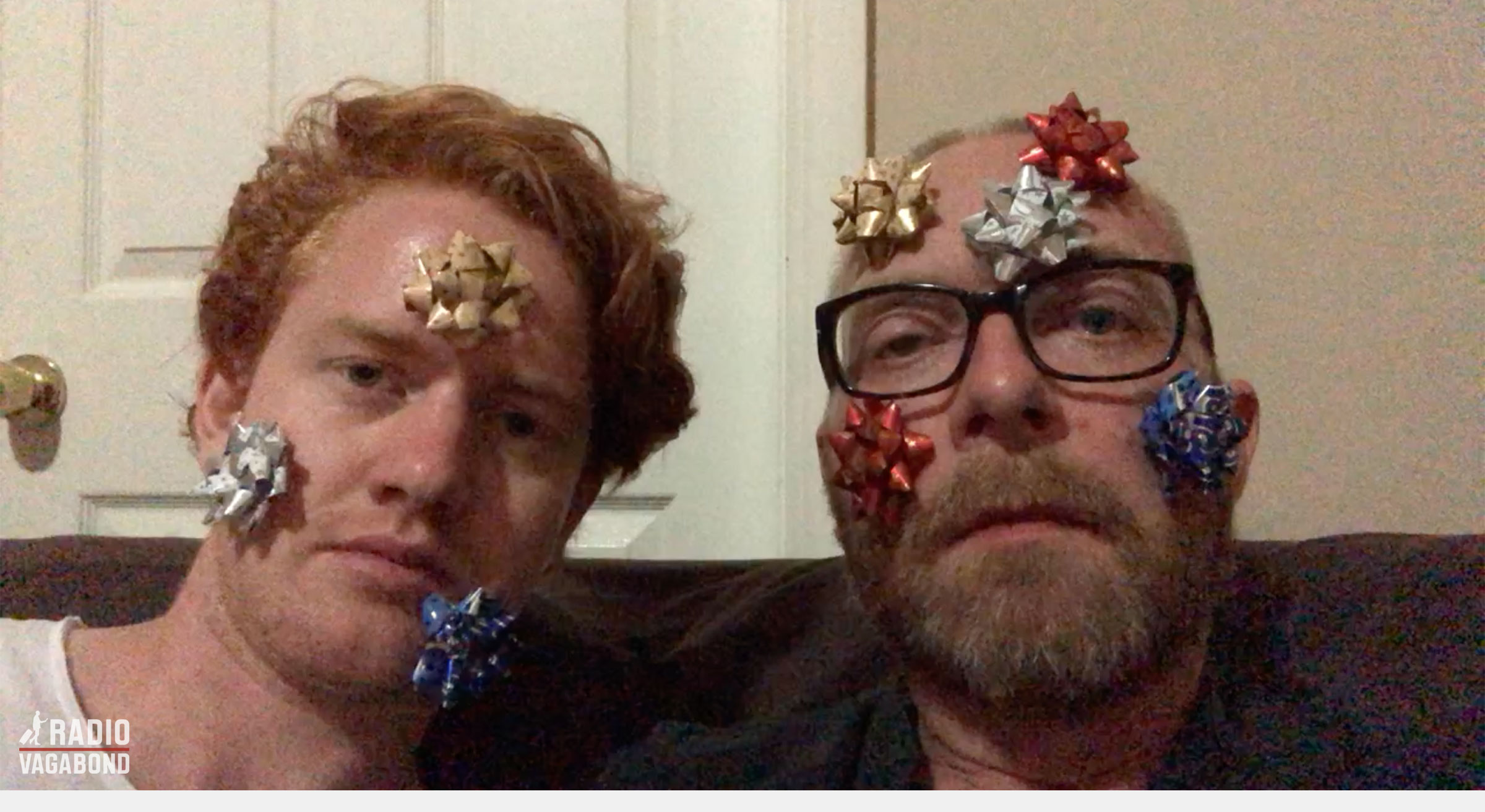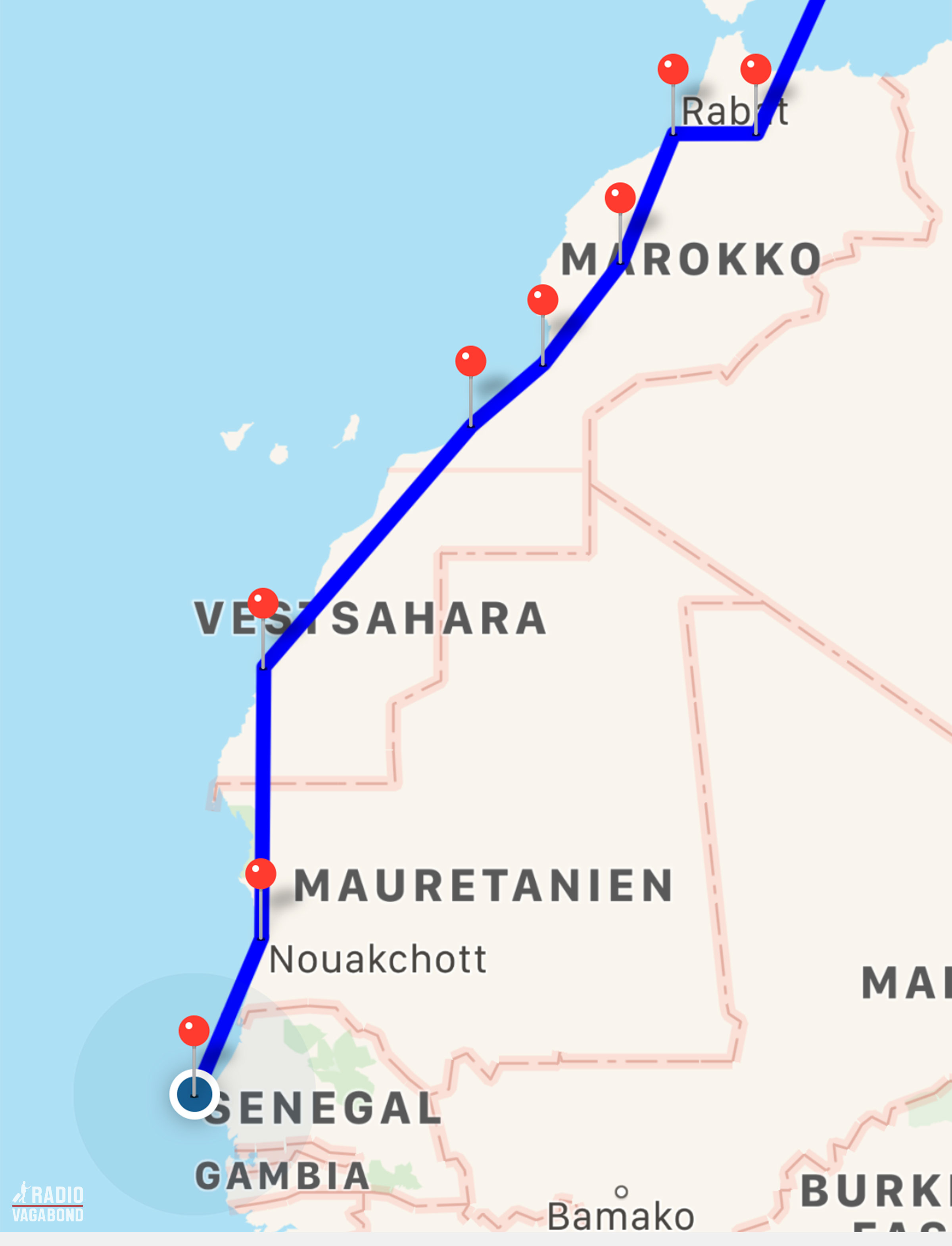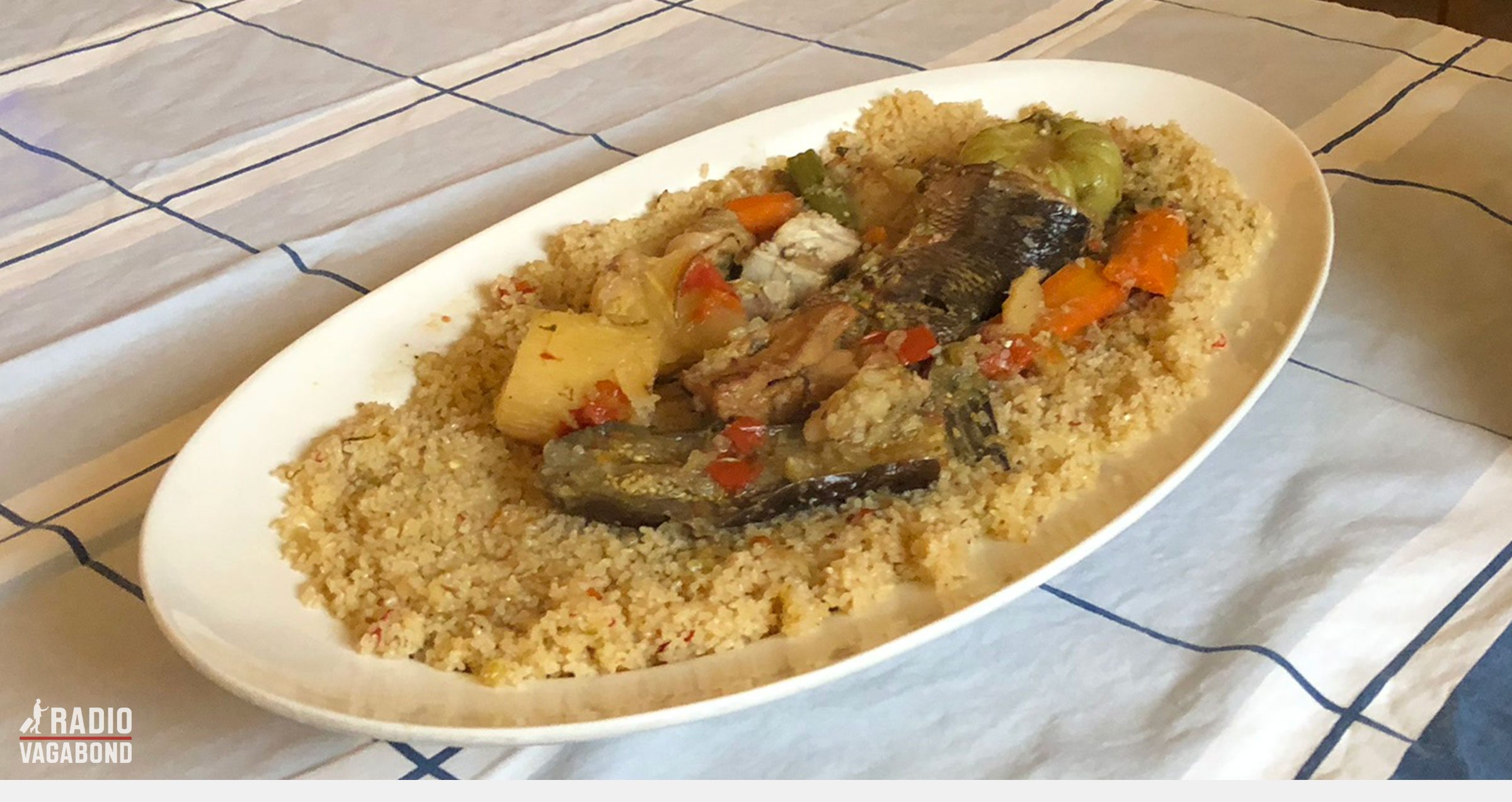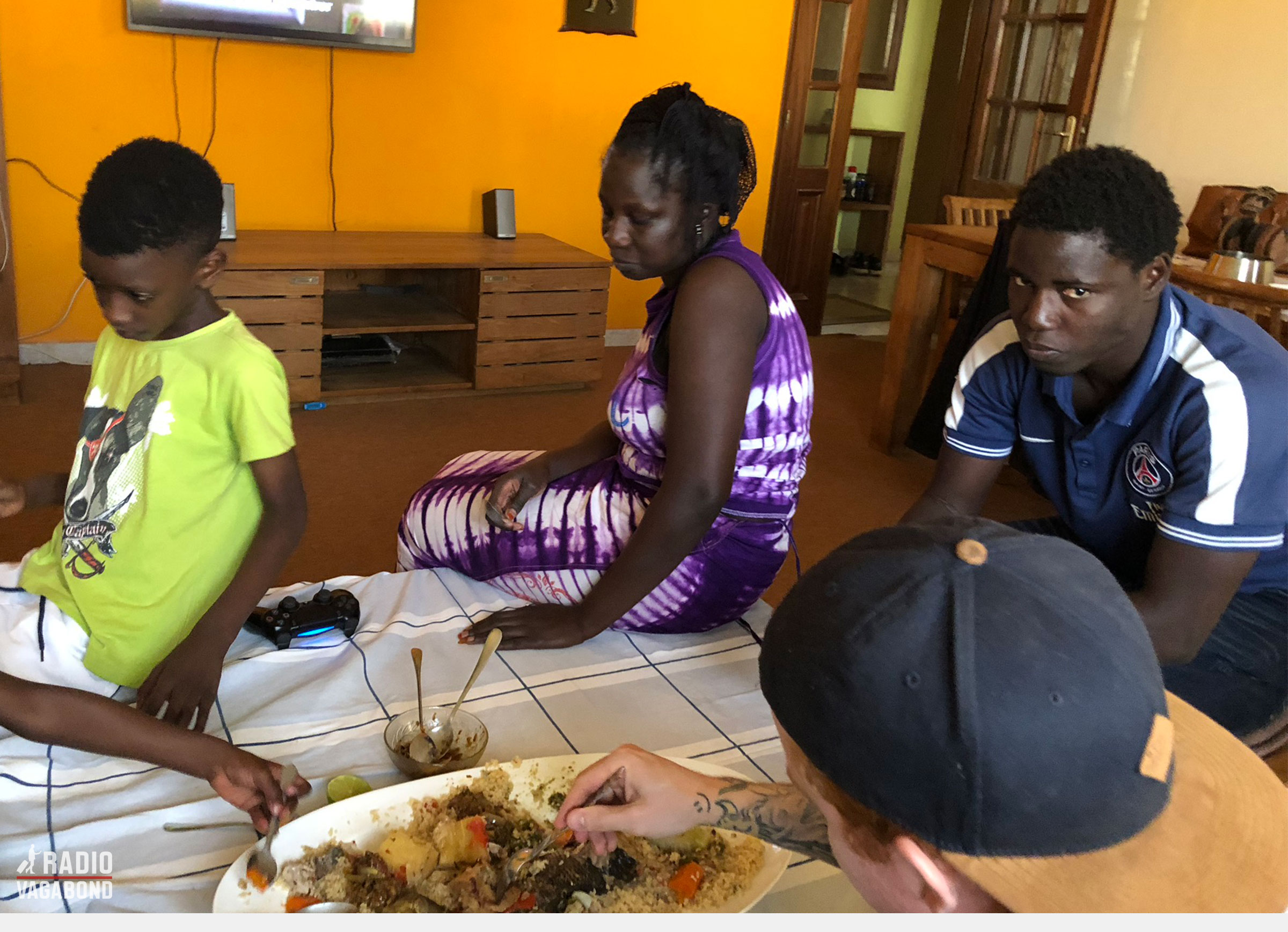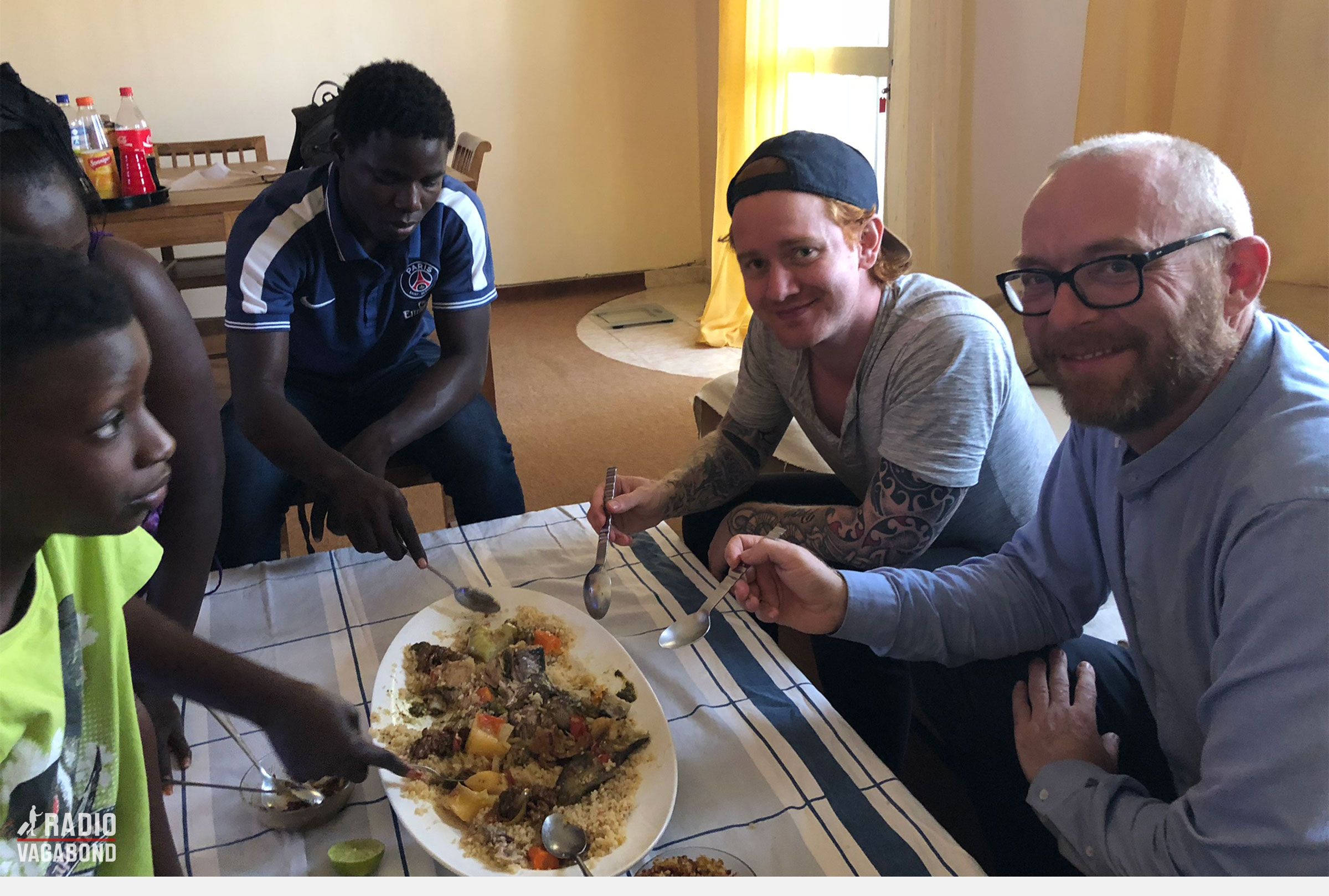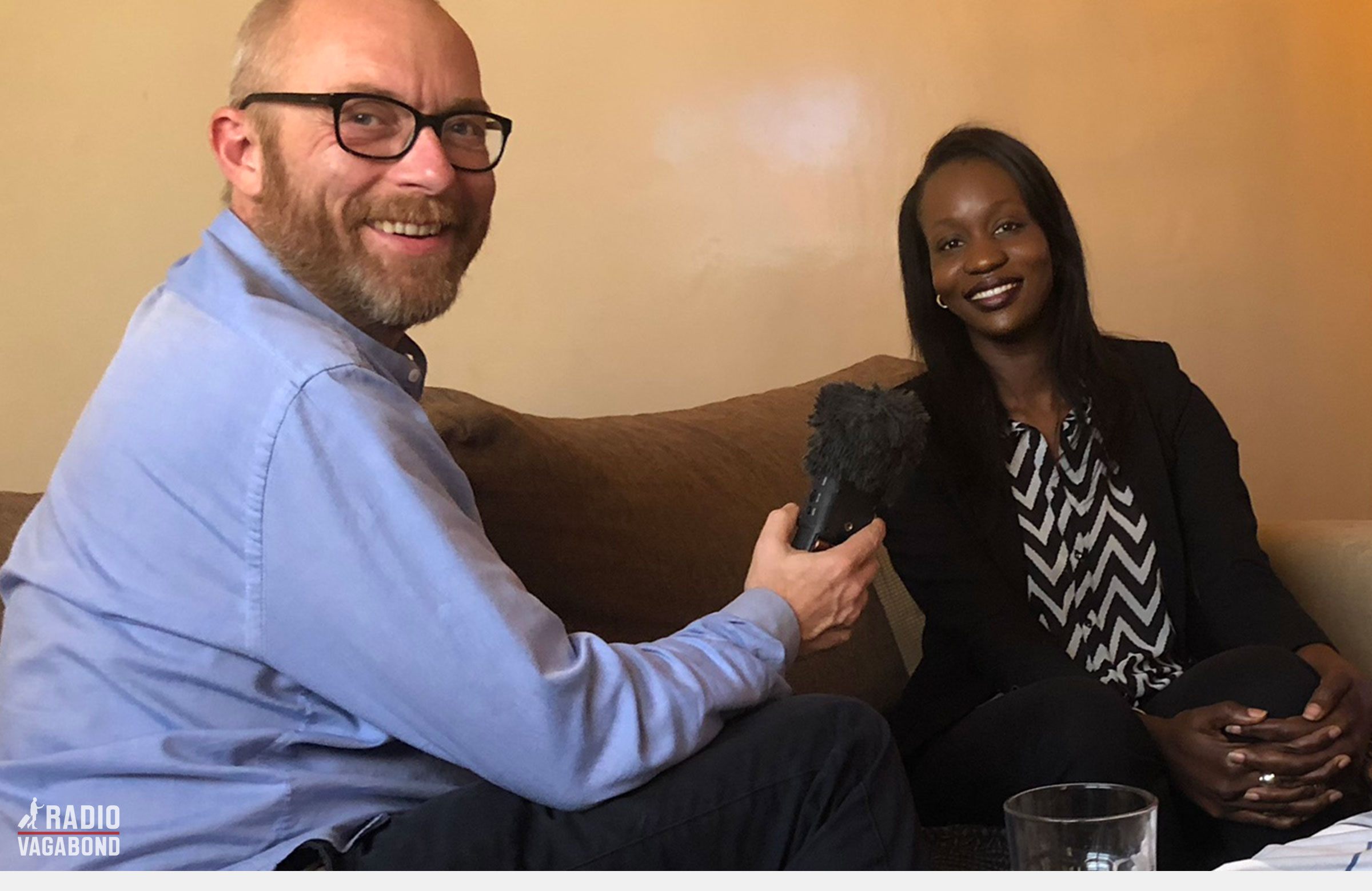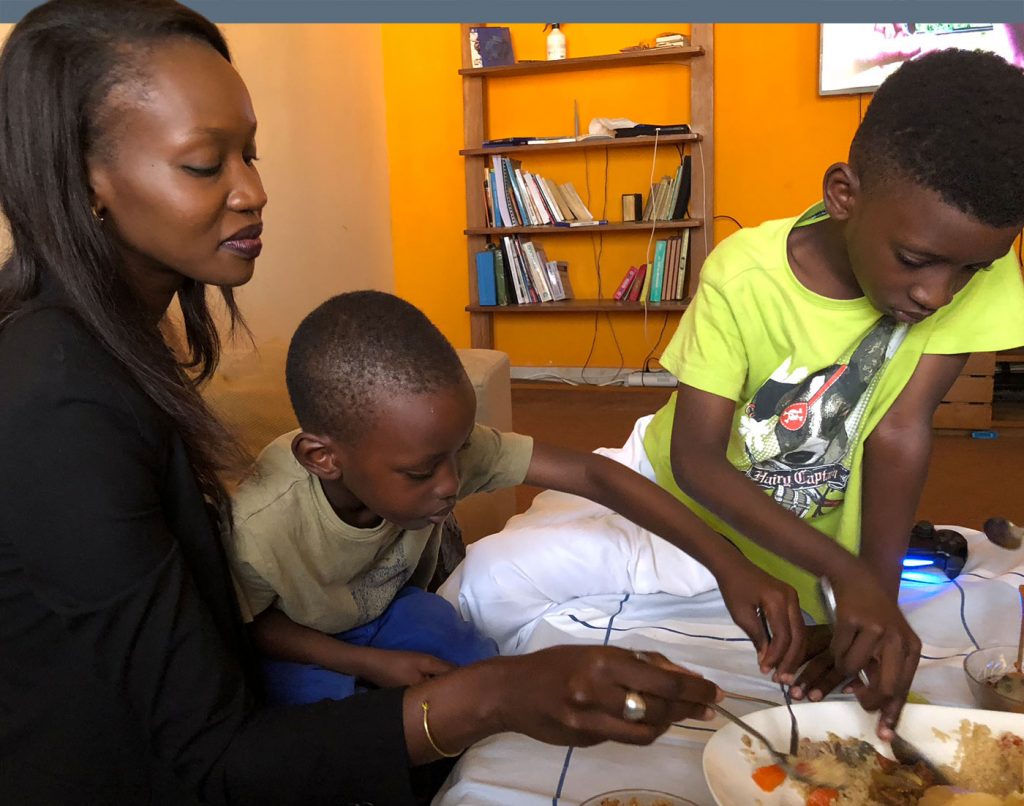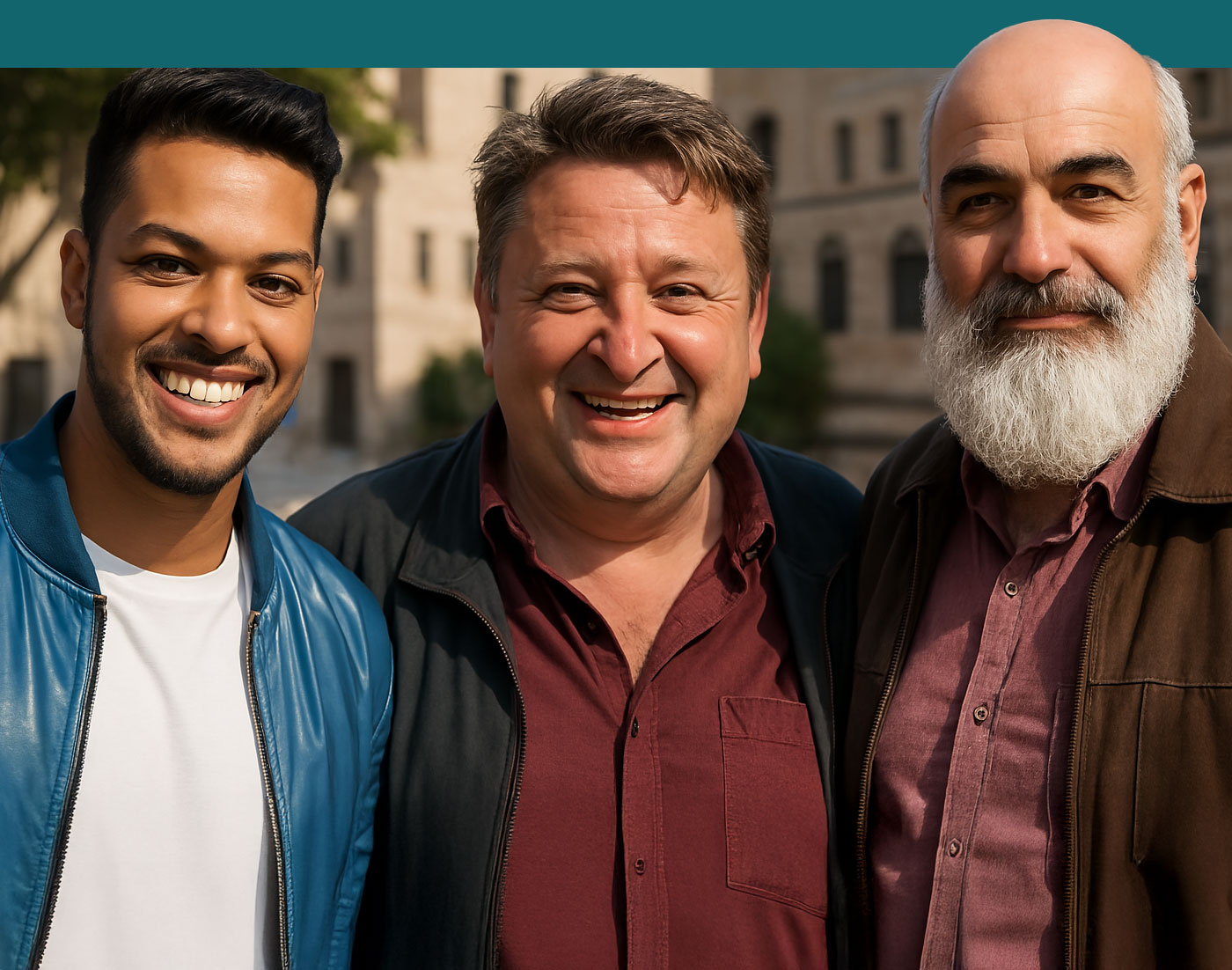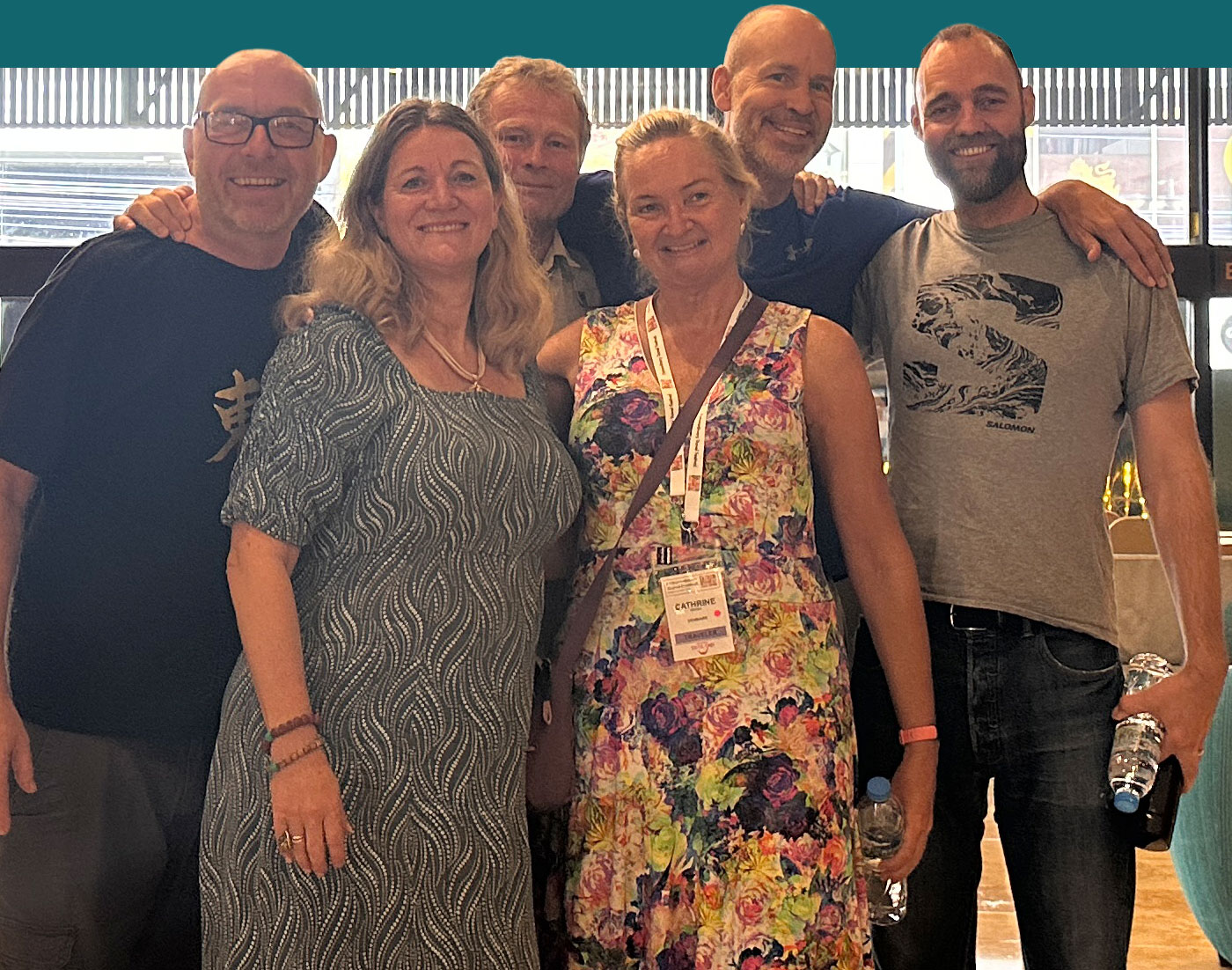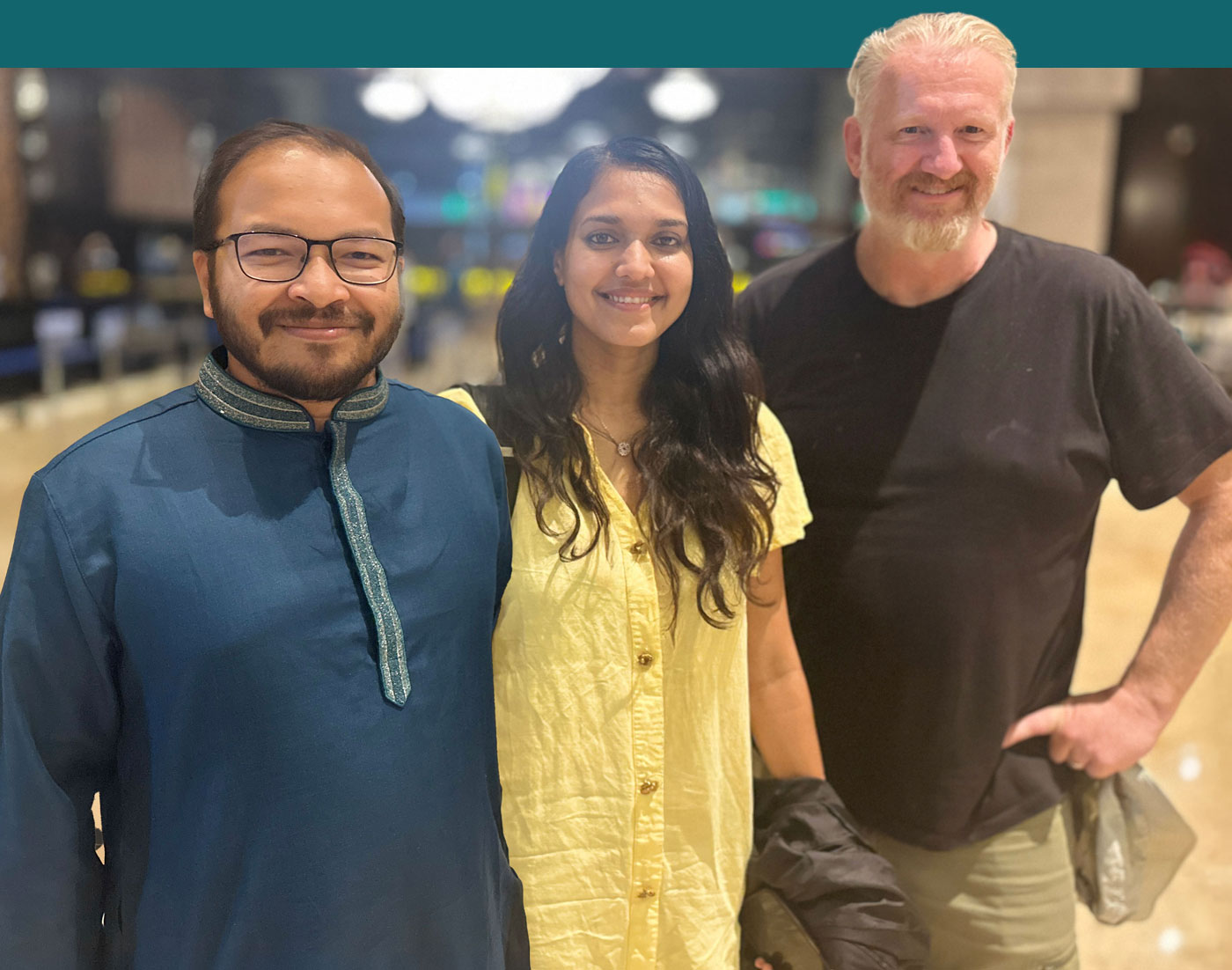.
In last weeks episode, we were making our way down through The Sahara Dessert. And our plans kept changing. Partly because of me recovering from my pneumonia and partly because promises weren’t kept. We weren’t picked up and driven down to the capital of Mauritania in a nice big Mercedes – just the two of us. Hours later we were seven people in a smaller very old beat up Peugeot station wagon.
When I left you in the last episode, I was trying to cross the border between Western Sahara and Mauritania – with my travel buddy Edvard – and a group of locals and our local driver.
From the windows, we couldn’t see much more than sand and camels. Sometimes we would drive through a small village with some tiny houses.
The roads we were driving on were full of potholes as big as bathtubs. But that would only get much much worse as we entered Mauritania.
This is a developing country. Their GDP ranks it at around number 140 out of the 193 UN nations in the world. Mauritania is a country with 400,000 sq miles and a population of around 4 million people.
It took us around 4 hours to get the passport stamps and be allowed to enter the country.
When you cross a border like this, there are typically people offering to change your money. Something I would never do, but in this case, it was recommended to do so. Much to my surprise, the exchange rate you get here is much better than you would get in a bank in the city. So with a bit of Mauritania cash, “Ouguiya” we continued the drive.
We only drove a short distance from the border to an intersection. And we were super confused because we had another 300 miles before we would arrive in Nouakchott. I remember thinking “OMG what now. Another checkpoint…?”
Then they unloaded our bags and stopped a random car. They asked the driver if he could take us down to Nouakchott, and when he did, we got into the car and continued.
This was a huge upgrade. This was a relatively new BMW without a scratch. The driver could speak English and apart from him doing his best to avoid the many potholes on the road this was very nice.
Especially for Edvard. He finally got the “shotgun position” beside the driver, and I was crammed into the backseat that was full of luggage. It could barely fit a 10-year-old in there. And I’m a lot bigger.
The driver is a guy from Dakar going back in his new car after having worked in Italy for six months.
When we got to our hotel Nouakchott it was after midnight. He drove us to our hotel and he said that he would sleep a few hours before continuing at 4 o’clock.
He asked us if we wanted to join him all the way to Dakar. He mentioned a very fair price for it, and after having seen a bit of the city looking for the hotel, we honestly didn’t think that this seemed like a place with too much to see.
Also, we only thought about getting down to Dakar where we had a lovely Airbnb for a week.
With this drive, we would be in a nice car with a nice guy, and wouldn’t have to worry about finding another crappy car packed with people and potentially getting ripped off again. We knew what we had so we decided to accept his offer.
The next morning at 4 a.m. we continued the drive and thought we would get to Dakar in the early afternoon the next day. Even if the border crossing to Senegal took as long as the one entering Mauritania.
It turned out to take much longer, and it was after midnight again when we rolled into Dakar. It was 1:30 in the morning, and we were tired. Dead tired. We felt dirty and sweaty. I remember I had sand between my teeth from being in the Sahara’s sandy wind
So when we were dropped off at our apartment, we couldn’t wait to get in there and catch some sleep.But when we got there, it was nothing like the one we booked. So we left.
Close to two in the morning we took our bags and walked down to the street of a big west African city that we’d never been to before. We had no place to stay and had no idea where to go.
Join this crazy journey in this episode. Also, you can come with us when we meet a local woman, that invites us to traditionally Senegalese lunch at her apartment. Her name is Astou Ndiaye, and I talk to her about life in Senegal.
.
